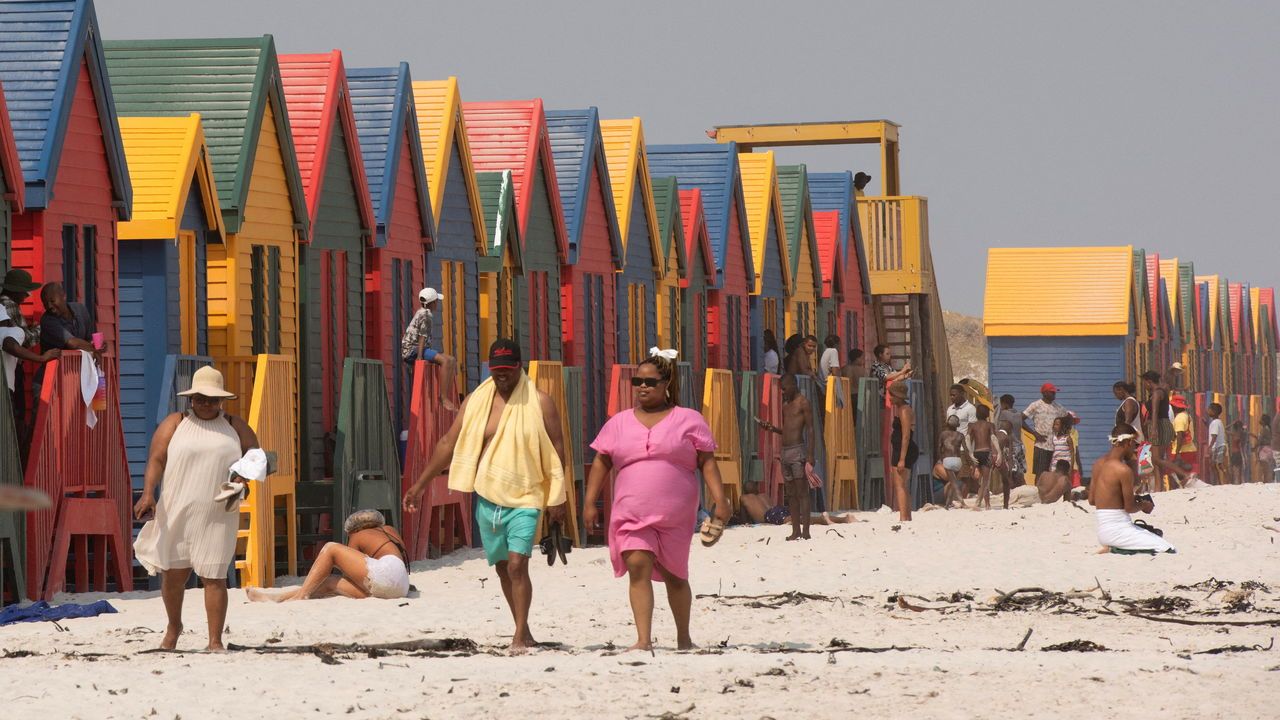YouTube in Africa offers a new kind of news
Demographics and the weakness of traditional media explain the rise of video news

Salam madior fall has been a pioneer more than once. In 1999, while studying in America, he and a friend founded Seneweb, one of the first websites devoted to news from Senegal, his home. By 2002 Seneweb was the most visited news site in Francophone Africa. In the late 2000s, media firms there still focused on satellite television. Mr Fall thought that setting up “a fully-fledged tv channel would be going backwards”. So in 2012 he started putting news videos on YouTube. Today, Seneweb’s headquarters in Dakar has more than 100 employees, plans to expand across West Africa, and has correspondents as far afield as Europe and America.
This article appeared in the Middle East & Africa section of the print edition under the headline “Click click boom”
Middle East & Africa August 24th 2024
- The Middle East’s bizarre waiting game: ceasefire or Armageddon?
- The threat of war is empowering the Islamic republic’s hardliners
- Making love not war in the Middle East
- A shift towards green investment is under way in Africa
- In Congo, a desperate struggle to control the deadly mpox outbreak
- YouTube in Africa offers a new kind of news
Discover more

Israel’s invasion of Lebanon may bolster support for Hizbullah
The group is deeply embedded in Lebanese politics and society

South Africa’s coalition government has improved the vibes
Now for the hard part

Wrath and sorrow rule in Israel on the anniversary of October 7th
A divided country is at war with multiple enemies, and fighting itself
A dangerous dispute in the Horn of Africa
Ethiopia and Somalia are courting escalation in a quarrel over port access
Tracking Israel’s war in Lebanon, in maps
The latest data on the conflict
Iran bombards Israel as the war escalates further
Israel may take it as justification to attack Iran
